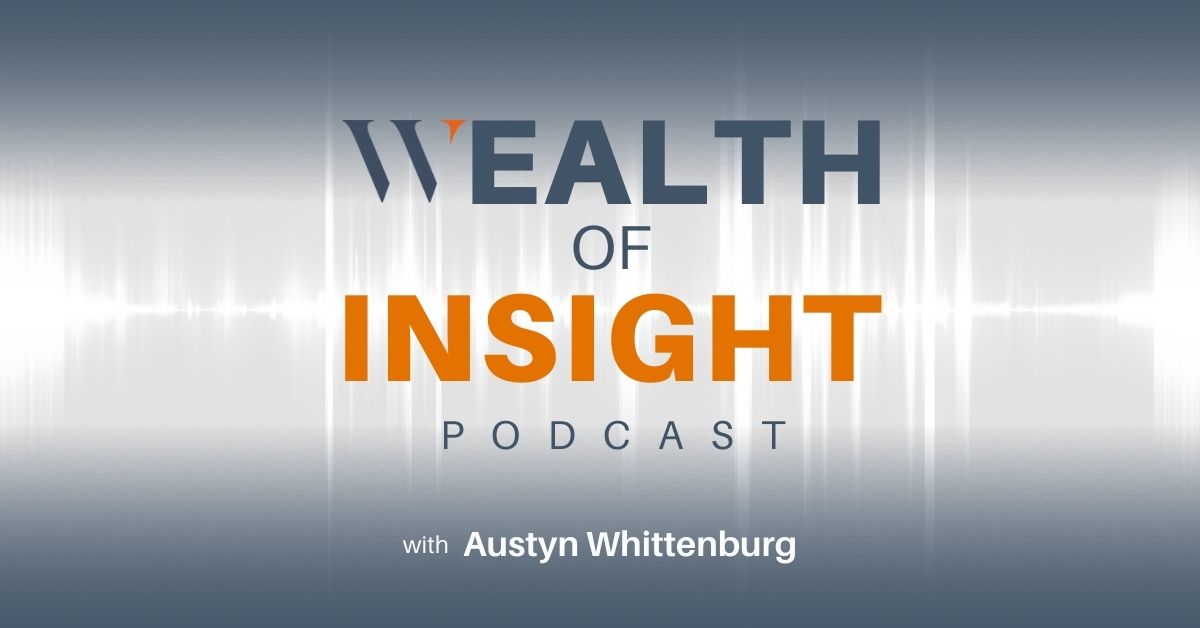
Exploring Employee Stock Options and Restricted Stock (Ep.41)
Did you know that around 14 million employees in the US are covered by stock option plans?
Let’s find out what these options in your compensation plan have to offer you!
In this episode, Austyn Whittenberg discusses the benefits, taxation, and considerations of employee stock options and restricted stock. He explains key terms related to stock options and highlights the increasing prevalence of these options in companies, particularly in the technology sector.
Austyn also discusses the taxation of non-qualified stock options and incentive stock options, as well as the risks associated with exercising stock options and making elections related to restricted stock.
Austyn discusses:
- Stock options vocabulary: Grant date, vesting date, exercise price, expiration date
- How your stock options will be taxed
- How to decide whether stock options as part of your compensations makes sense for you
- Qualified, incentive, and restricted stock options: What are they? What’s the difference between them?
- And more
Resources:
Connect with Austyn Whittenburg:
- (801) 839-7056
- austyn@whittenburgwealth.com
- Schedule A Meeting With Austyn
- LinkedIn: Austyn Whittenburg
- Whittenburg Wealth Partners
- Twitter: Whittenburg Wealth
This material was created for educational and informational purposes only and is not intended as ERISA, tax, legal or investment advice. If you are seeking investment advice specific to your needs, such advice services must be obtained on your own separate from this educational material.
Any company names noted herein are for educational purposes only and not an indication of trading intent or a solicitation of their products or services.
Podcast: Play in new window | Download | Embed